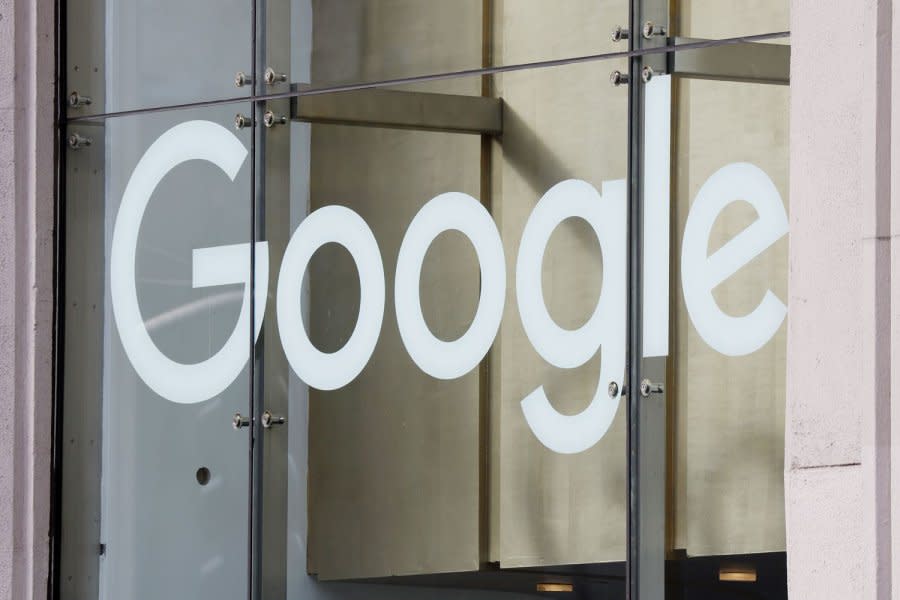Apple executive to testify about lucrative exclusivity deals in Google antitrust trial

Sept. 26 (UPI) -- Apple senior vice president of services Eddy Cue will take the stand in federal court Tuesday as part of an antitrust lawsuit accusing Google of paying billions in lucrative contracts to maintain a monopoly over digital advertising.
As part of Tuesday's testimony, prosecutors will argue the tech titan continuously spends billions of dollars each year to ensure its browser is the first to pop up on electronic devices when users search the Internet.
The company will reportedly spend $19 billion for its exclusivity contract with Apple during this year alone. In fiscal 2022, Google paid Apple $78.1 billion in advertising revenue.
Cue himself negotiated the multibillion-dollar deal that made Google's search engine the default browser on all the newest iPhones, resulting in Google's most substantial budget obligation every year since.
Cue was expected to testify that Google had the best product on the market at the time of the negotiations and that it was easier for Apple to partner with the popular search engine rather than create a competing browser that might serve to frustrate customers, according to sources involved with the case.
He was also expected to testify that Apple maintained revenue-sharing agreements with other search companies such as Yahoo, Microsoft Bing, Ecosia, and DuckDuckGo.
The trial began on Sept. 12 in U.S. District Court in Washington, D.C., and Cue is the second Apple executive to take the stand.
John Giannandrea, who serves as Apple's chief of artificial intelligence, testified last week, however, most his testimony was given behind closed doors and is now sealed from the public.
During part of his public testimony, Giannandrea said Apple's new iOS 17 operating system allows user to select a second search engine in order to make switching between Google and its competitors easier.
The proceedings are expected to last about three months, with Judge Amit Mehta issuing a final ruling without a jury.
Google faces massive fines and potential restructuring if found guilty of antitrust activities.
The federal case is the first major antitrust matter to go to trial in more than two decades, with the global tech giant charged with using its indomitable size and reach to limit competition to its search engine.
The government claims Google attempted to crush its smaller rivals by signing exclusive agreements with other tech giants such as Apple, Samsung, Mozilla, and Firefox.
The lawsuit also alleges the Internet titan gobbled up many of its global advertising competitors, and then forced publishers and advertisers to use Google products, while also working to discredit any competing products that remained on the market.
The outcome of the trial holds deep implications for the future of the Internet and is likely to change how tech companies can conduct secret deals that ultimately impact a broad swath of the globe that had grown increasingly dependent on the Internet.
The case was filed in October 2020 during the final months of the Trump administration, with then-Attorney General William Barr alleging Google had enriched itself through deals that made its search engine the default browser on millions of mobile devices and other platforms."
The case was joined by more than a dozen attorneys general and a group of 35 states who filed separate antitrust cases earlier this year, alleging that Google had "used anticompetitive, exclusionary and unlawful means to eliminate or severely diminish any threat to its dominance over digital advertising technologies."
Federal prosecutors argue Google sought to knock out any challenges to its ubiquitous global footprint in an effort to maintain its dominance as the world's leading search engine with billions of daily users.
The multinational corporate behemoth is worth $1.7 trillion and commands about 90% of the search engine market in the United States.

 Yahoo News
Yahoo News 
